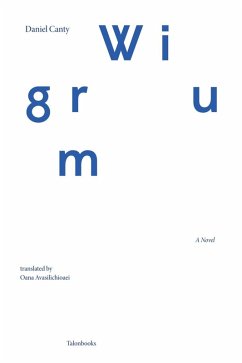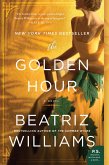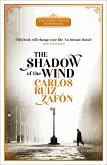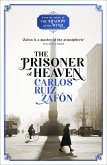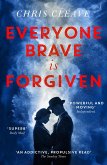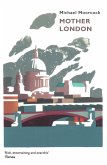It's October 1944. During a brief respite from the aerial bombardment of London, Sebastian Wigrum absconds from his small flat and disappears into the fog for a walk in the Unreal City. This is our first and only encounter with the enigmatic man we come to discover decades later through more than one hundred everyday objects he has left behind. Wigrum's bequest is a meticulously catalogued collection of the profoundly ordinary: a camera, some loose teeth, candies and keys, soap, bits of string, hazelnuts, and a handkerchief. Moving through the inventory artifact to artifact, story to story, we become immersed in a dreamlike narrative bricolage determined as much by the objects' museological presentation as by the tender and idiosyncratic mania of Wigrum's impulse to collect them.
With its traces of Jorge Luis Borges, Italo Calvino, and Georges Perec, Daniel Canty's graphically arresting Wigrum explores the limits of the postmodern novel. Having absorbed the logic of lists and the principles of classification systems, the Wigrumian narrative teeters on the boundary between fact and fiction, on the uncertain edge of the real and the unreal.
Readers venturing into Sebastian Wigrum's cabinet of curiosities must abide only the following maxim: If I can believe all the stories I am told, so can you.
With its traces of Jorge Luis Borges, Italo Calvino, and Georges Perec, Daniel Canty's graphically arresting Wigrum explores the limits of the postmodern novel. Having absorbed the logic of lists and the principles of classification systems, the Wigrumian narrative teeters on the boundary between fact and fiction, on the uncertain edge of the real and the unreal.
Readers venturing into Sebastian Wigrum's cabinet of curiosities must abide only the following maxim: If I can believe all the stories I am told, so can you.
Dieser Download kann aus rechtlichen Gründen nur mit Rechnungsadresse in A, D ausgeliefert werden.

